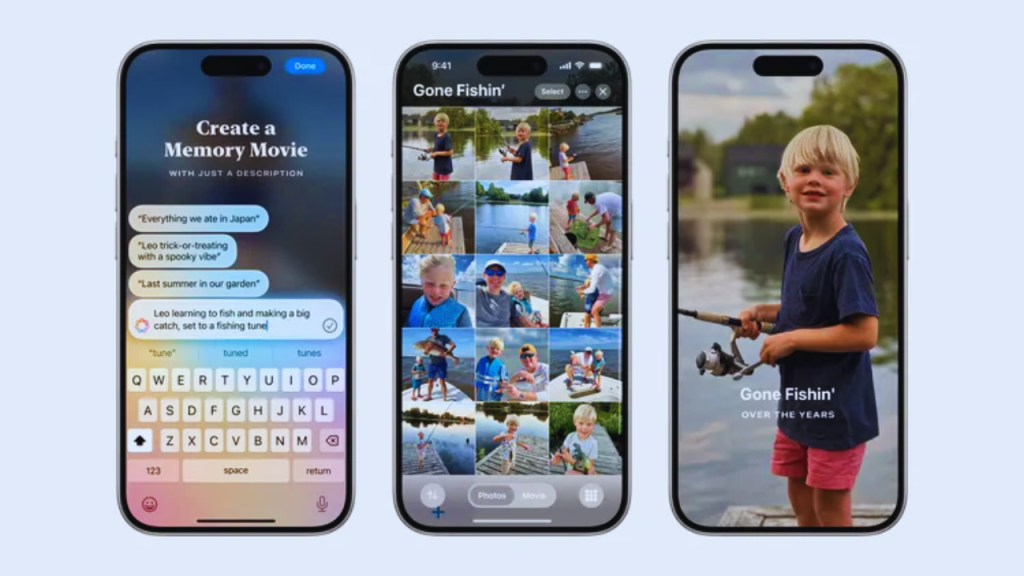Is Upgrading Your iPhone to Apple Intelligence Worth It?
The upcoming Apple Intelligence features in iOS 18 might be the most impressive integration of AI software and consumer devices yet. Apple’s AI tools will soon be able to take actions based on your preferences, manage your notifications, and even rewrite your texts for you. These are the kinds of features that can significantly improve your daily iPhone experience. However, they will only be available if you have one of Apple’s latest and most expensive iPhone models.
AI has quickly become the latest entry in the tech industry’s never-ending quest to drive the upgrade cycle. A few years ago, every smartphone maker was racing towards 5G; more than a decade ago, the TV industry was pushing 3D TVs. Now, every tech company clearly sees an opportunity with AI, and as a result, they are incorporating AI features into their newest and most advanced devices. But like the rush towards 5G, the frantic push towards AI is happening quickly and before the technology has proven its usefulness and had its issues resolved.
To use Apple Intelligence on an iPhone, you’ll need to own an iPhone 15 Pro (starting at $999) or an iPhone 15 Pro Max (starting at $1,199). This will likely be disappointing for iPhone 15 and 15 Plus users, whose phones are not even a year old. iPad and Mac users are luckier: you’ll need to run one of these devices with an M1 chip or newer to experience Apple Intelligence yourself, so any device from the past few years will work. (The M-series chips, of course, were another reason Apple encouraged you to upgrade your gear.)
Apple isn’t necessarily playing tricks here, as there is a genuine need for better hardware to run advanced AI systems. AI processing is demanding. And Apple is not the only tech company providing some of its best new AI software features to specific devices. Only new Copilot Plus PCs from Microsoft and others will support certain AI features in Windows, such as the controversial Recall feature. Google initially said its Gemini Nano model would only be available on the Pixel 8 Pro, even though the regular Pixel 8 has the same Tensor G3 chip.
On the other hand, it’s unclear how strong the hardware limitations are. Apple hasn’t specified why older iPhones can’t use Apple Intelligence. Many AI features are local, but often more advanced queries are uploaded to the cloud. Given that Google recently said the regular Pixel 8 would indeed be able to run Gemini Nano, the limitations may not be as clear-cut as tech companies make them seem. Apple did not respond to a request for comment on the hardware restrictions.
As a devoted fan of the iPhone 12 Mini, this potential upgrade push poses a significant problem. Since its launch in 2020, the small phone has been nearly perfect for me, despite its mediocre battery. I haven’t had a good reason to upgrade my phone for years, saving me a lot of money while still enjoying most of the new features included in iOS upgrades.
I had hoped to keep my small phone until it gave out. But if these Apple Intelligence features really work, I might end up getting a new iPhone much sooner than I expected.
To be fair, you don’t have to upgrade your devices just because of a few new AI features. iOS 18 will be available to every iPhone running iOS 17 – devices going back to the 2018 iPhone XR and XS – meaning lots of people will still get features like enhanced home screen customization, new handy messaging tools (tap back any emoji!), and the passwords app. And you can, of course, continue using your current Windows device and Pixel phones if they serve you well.
But you can be sure that companies like Apple, Microsoft, Google, and others will continue to load their operating systems with new AI features that require better hardware. They clearly believe (or perhaps just hope) that the features will be compelling enough to make the upgrade more tempting, even if you don’t really need it.

